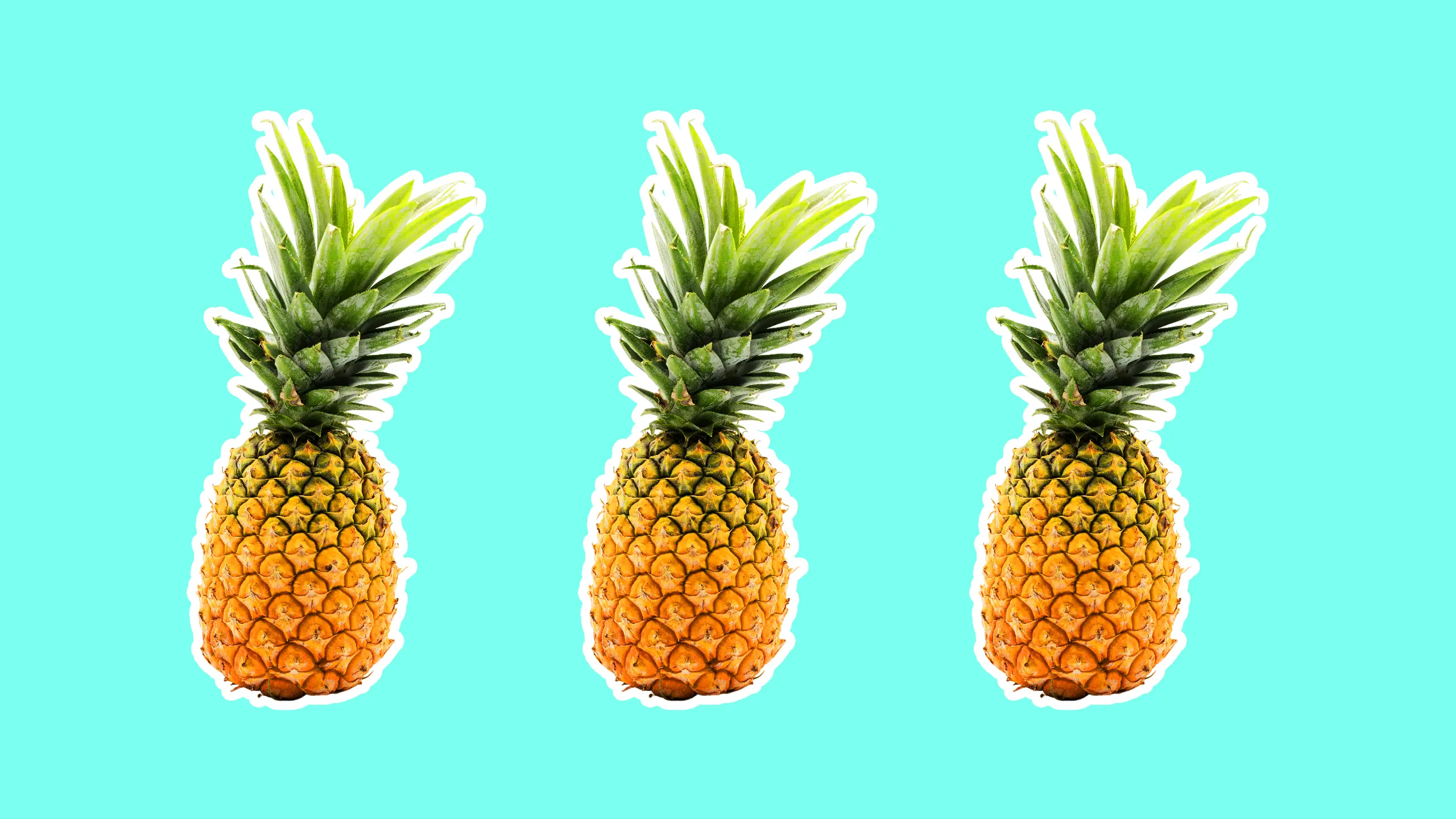It’s a typical day, and you’re casually enjoying a juicy slice of pineapple when suddenly, your feline friend indicates an interest. The scenario immediately triggers the question: Can cats eat pineapple? Or is this another case of a “forbidden fruit”? Well, let’s find out.
Understanding a Cat’s Diet
Cats are obligate carnivores, which means that their diet primarily consists of protein-rich meat products. Their digestive systems have evolved to efficiently process and extract necessary nutrients from animal-based sources. Although cats can ingest small amounts of plant-based food, their nutritional needs are mainly met through the consumption of meat.
So, Can Cats Eat Pineapples?
The short answer is yes, but with certain caveats. Cats can safely consume pineapple in small quantities, as it is not toxic to them. However, because their primary nutritional needs come from meat, it is vital to remember that cats should only eat pineapple as an occasional treat rather than as a regular meal.
Potential Health Benefits
Even though pineapples are not an essential part of a cat’s diet, they do contain some nutrients that could benefit your cat in small amounts. Pineapples are rich in Vitamin C and antioxidants, which can support your cat’s immune system. Pineapples also contain an enzyme called bromelain, which aids in digestion.
Possible Side Effects and Risks
Feeding your cat too much pineapple can cause gastrointestinal issues, such as diarrhea, indigestion, and vomiting. Since cats are not used to consuming sugary, fibrous fruits like pineapples, their digestive systems might struggle to handle large amounts. Furthermore, the high sugar content found in pineapples can potentially contribute to unhealthy weight gain and dental issues if provided in excessive amounts.
Feeding Tips
If you decide to give your cat pineapple as an occasional treat, consider these tips for safe and responsible feeding:
- Choose fresh pineapple: Opt for fresh pineapple over canned or preserved ones, as the latter can contain added syrups and sugars that are not suitable for cats.
- Wash and remove the skin: Thoroughly wash the pineapple and remove the skin, as well as the core, to avoid choking hazards.
- Cut into small, manageable pieces: Slice the pineapple into small, bite-sized pieces that your cat can easily consume.
- Start with a small quantity: Offer your cat a small piece of pineapple initially to see how they react and monitor for any adverse effects.
- Avoid giving too much: Remember that pineapple should only be an occasional treat and not replace their regular diet.
Conclusion
While cats can indeed consume pineapple as a non-toxic and occasional treat, it is essential to remember that their primary nutritional needs are met through a meat-based diet. As a responsible cat owner, be cautious when offering your cat pineapple, and always ensure that they are given in moderation. If you have any concerns about your cat’s diet or their reaction to pineapple, consult your veterinarian for professional advice.
